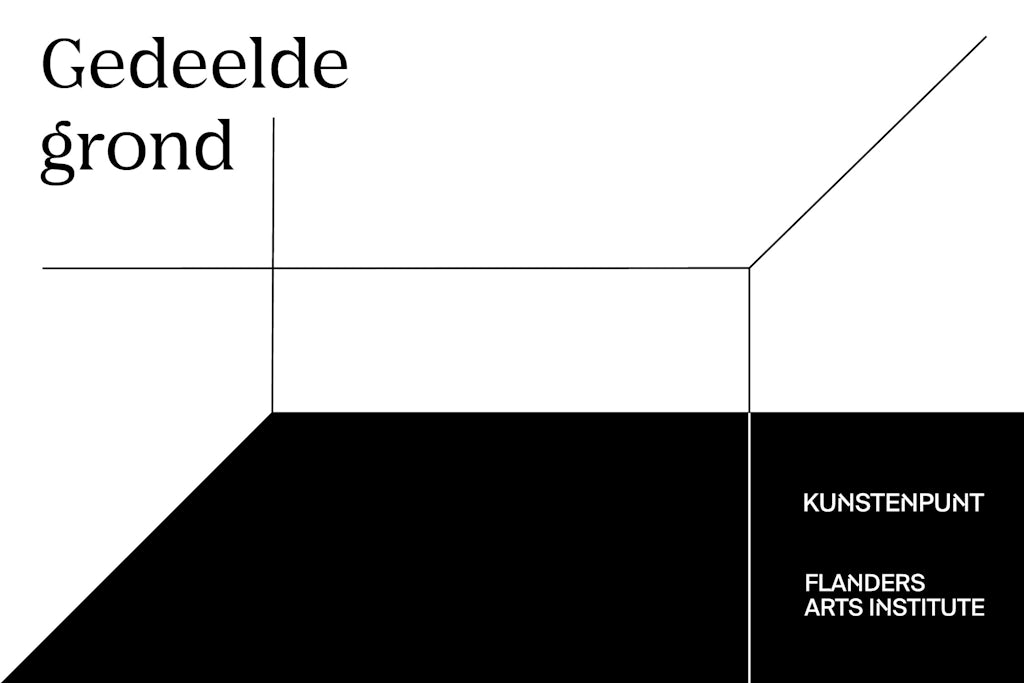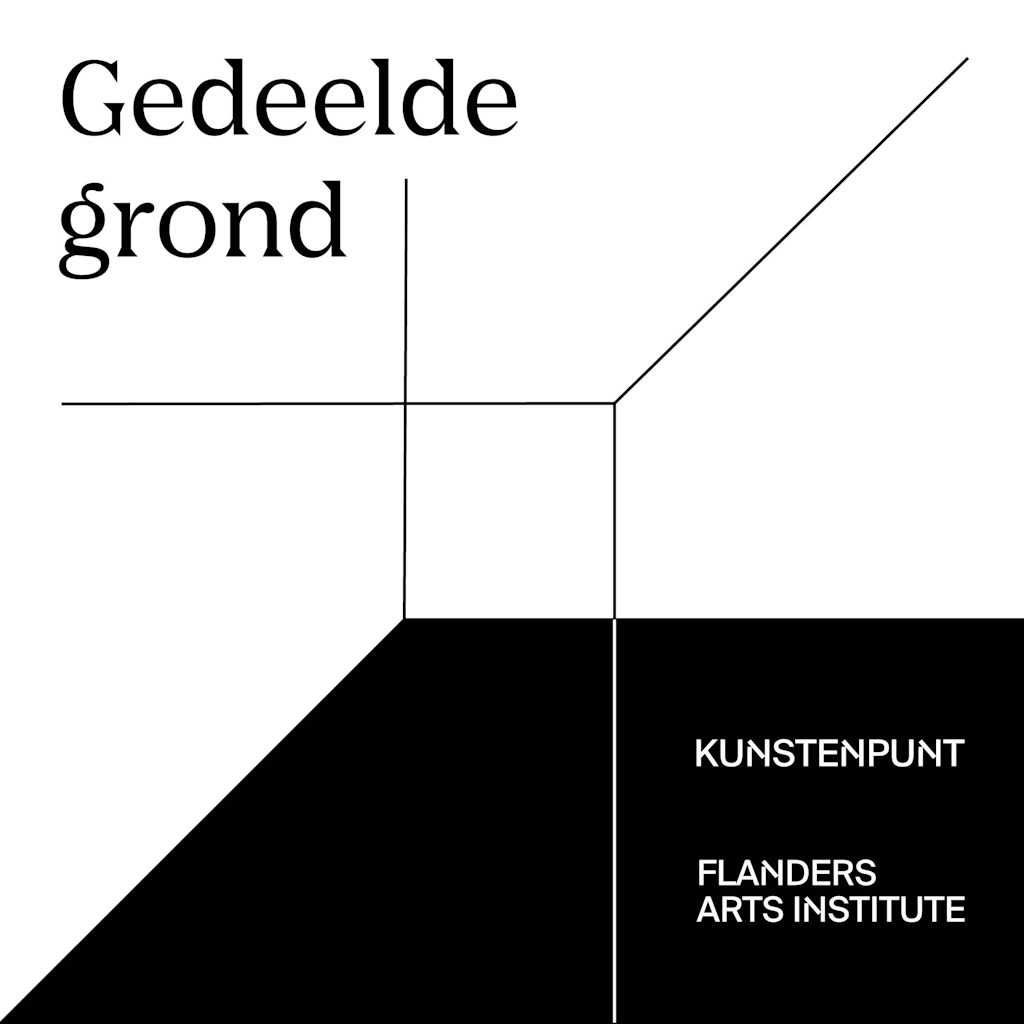New podcast series on dreams and concerns of arts professionals

Gedeelde grond is a new series of conversations with arts professionals from Flanders. What do they dream about? What do they worry about? Find out more about the themes of concern in the arts field. Listen to the dreams and concerns of Bart Vanvoorden, Junior Mthombeni, Elisabeth Klinck, Jan Vandenhouwe, Lana Willems, Dries Meerts and Jan Van den Borre.
In the first episode, Ann Overbergh (Flanders Arts Institute) has a discussion with Bart Vanvoorden (arts center nona).
Podcast, episode 1: Bart Vanvoorden (in Dutch, summary available in English)
We are trying to show content from Spotify.
Kunsten.be only uses minimal cookies. To view content by a third party website, this site can place additional cookies. By continuing to browse you are agreeing to the use of those third party cookies.
Read more about our privacy policy?
Summary first episode: Bart Vanvoorden
“In the end we are all stories.” That is the conclusion of the vision statement of the renewed arts centre nona. nona has merged with Jazzlab Series and Abattoir Fermé. It is an interdisciplinary organization for theatre, dance, visual arts and music. nona was awarded substantially less Flemish funding for the periode 2023-2027 than applied for. It has taken, and still is taking steps to adapt to this new budgetary situation.
When asked about his dreams and concerns for the future of the arts field in Flanders, Bart talks about the challenge of balancing artistic sharpness with openness and being welcoming to a broad range of audiences. Both things are important in order to protect and cultivate public support for the arts. nona wants to reach new audiences and does this by looking for ways to lower thresholds. One of its artistic partnerships will be with Maja Westerveld who works with participatory arts. This idea of participation should in the long run “contaminate” all the aspects of nona’s work.
One of Bart’s concerns for our arts field is that the societal or political message of artistic creations sometimes takes the upper hand over the stories told. Does he also have concerns about the arts field as an ecosystem, in terms of the cohesion, the feeling of “togetherness” in the field? On the contrary. Perhaps because nona is an interdisciplinary organization, it keeps many partnerships with many different players. There is financial pressure, however, amongst smaller and larger organizations, which translates to smaller coproduction fees and/or fewer presentation options for smaller ensembles or individual artists. Bart hopes this will even out, will normalize in the years to come. If it does not, at least in the case of nona, the only solution will be to make harder choices: do less but do it well (and well financed).
Should assessment committees take the reality of lower production fees into account when advising the minister on funding decisions? In other words, should they advise higher funding to compensate for lower coproduction fees? In Bart’s opinion this has already happened during the last round of structural funding, but it is not a sustainable model. You cannot produce something that in the end will be presented three or four times. Coproduction partnerships are one way to assess the belief of arts organizations in projects.
As a final remark he calls for arts organizations to look more beyond their own ecosystem. What is happening outside of the arts and what interesting potential projects or partnerships can be found there?
Recorded: July 3rd 2023 at nona in Mechelen.
Listen to our podcast
Download the summary here (English)
We consider the launch of this podcast a test run. There is a high probability that we will continue with this, in order to get the widest possible range of voices from the arts field to speak. Before that, we’ll take some time to evaluate this first series. Do you have an opinion about it yourself? Let us know via communicatie@kunsten.be.



